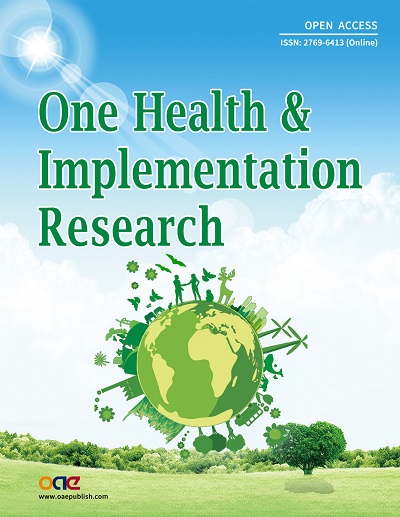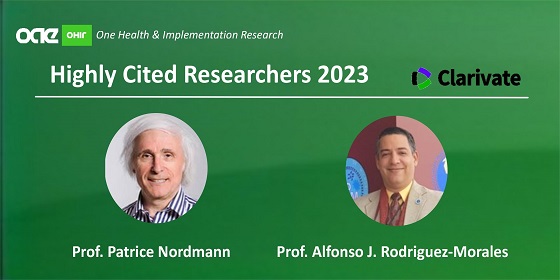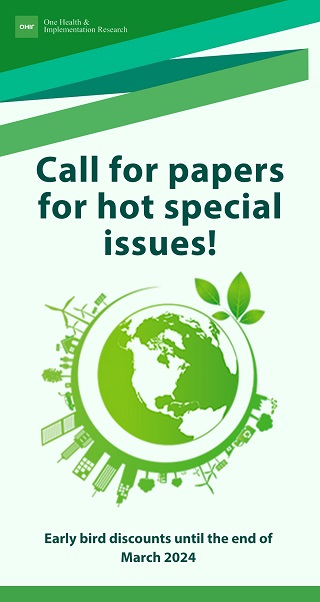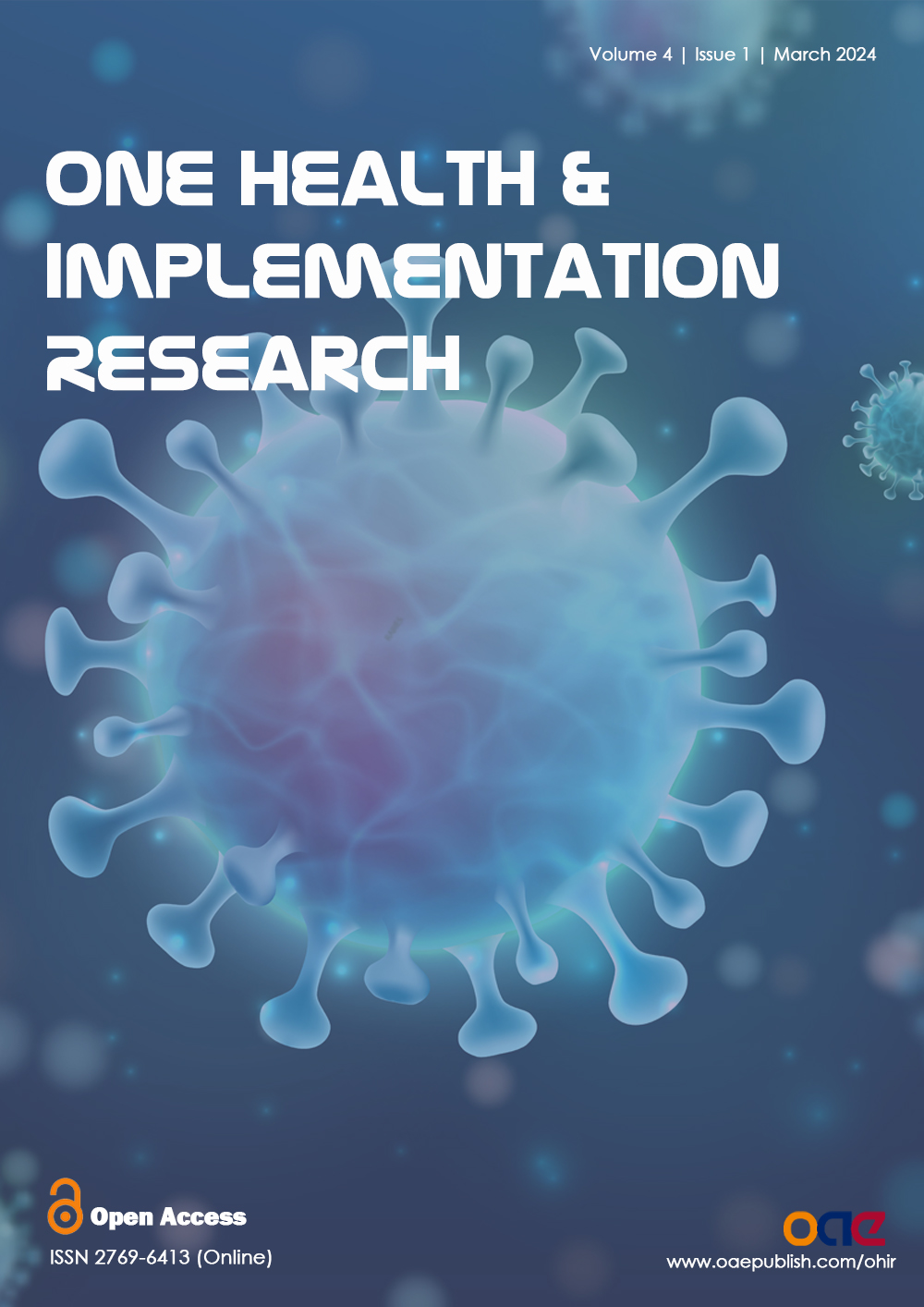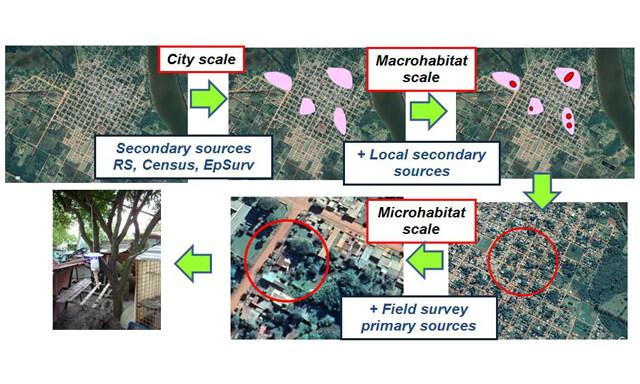One Health & Implementation Research

Special Interview with Prof. Olivier Sparagano - One Health & Implementation Research
NaN
Views: Downloads:
Views: Downloads:
Views: Downloads:
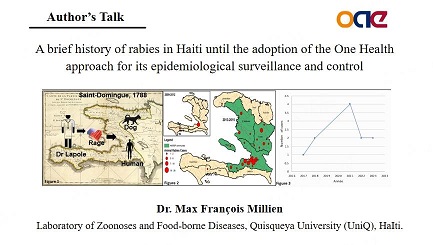
Views: Downloads:
Views: Downloads:
Views: Downloads:
Views: Downloads:
Views: Downloads:
Data
187
Authors
177
Reviewers
2020
Published Since
50,773
Article Views
23,098
Article Downloads
For Reviewers
For Readers
Add your e-mail address to receive forthcoming Issues of this journal:
Themed Collections

Special Interview with Prof. Olivier Sparagano - One Health & Implementation Research
NaN
Data
187
Authors
177
Reviewers
2020
Published Since
50,773
Article Views
23,098
Article Downloads

